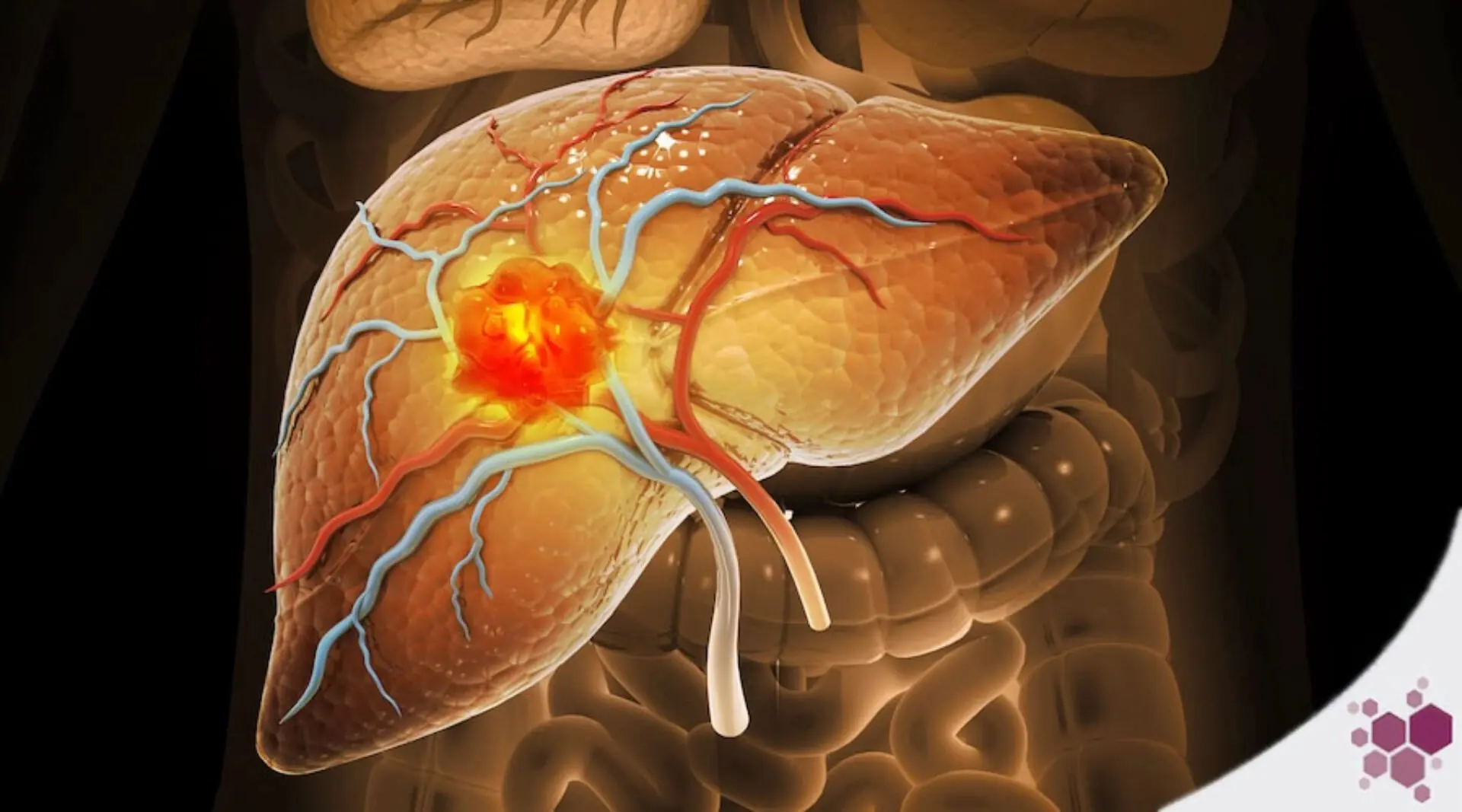
Headaches at these times warn of extremely dang.erous diseases
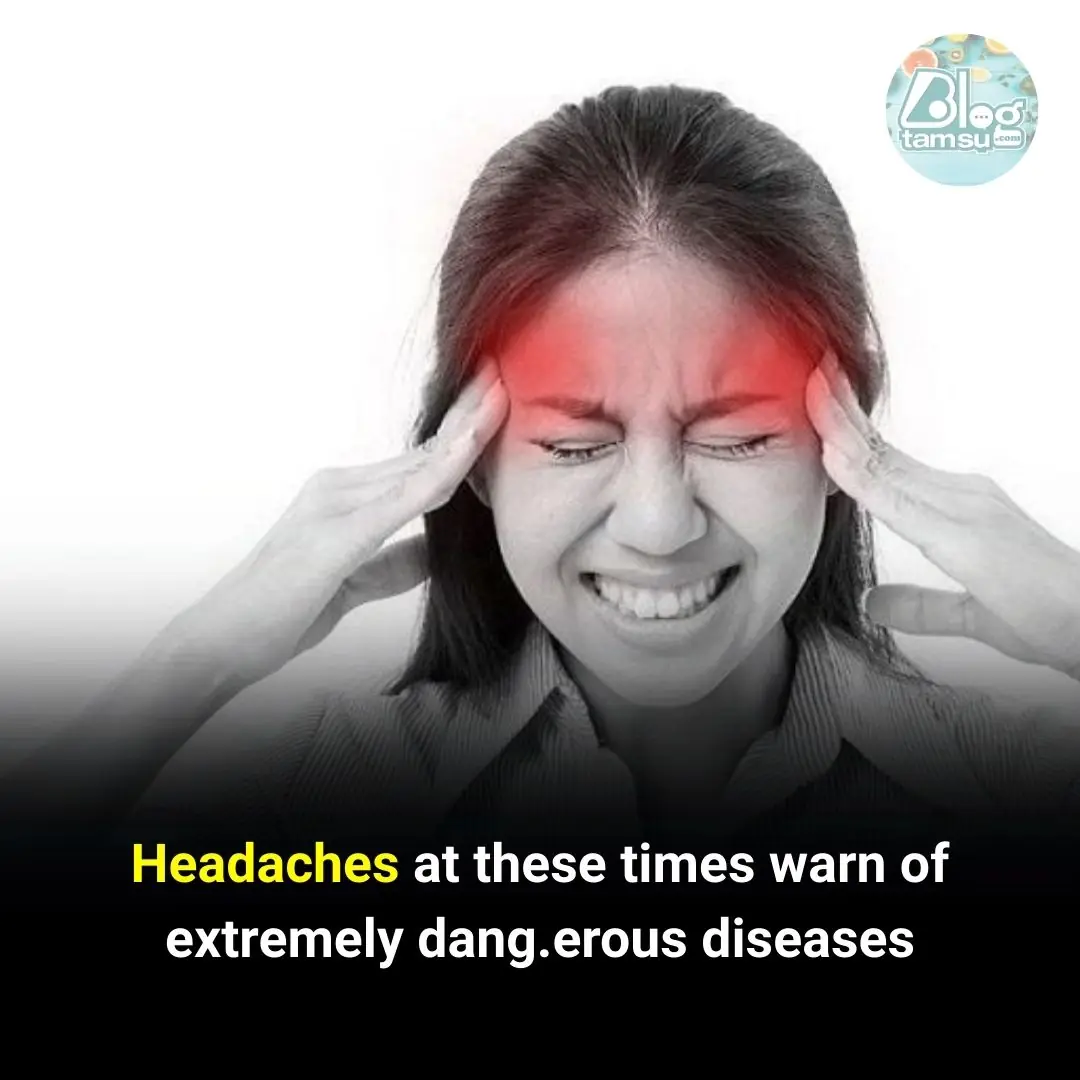
Headaches are a fairly common condition in many people and are often idiopathic. However, studies show that the timing of headaches—whether in the morning, daytime, or evening—may signal dangerous underlying health issues.
Morning
If you wake up with a headache, it could be due to sleep apnea, a condition where the throat collapses during sleep, obstructing breathing.
Sleep apnea, often marked by snoring, can cause CO₂ levels in the blood to rise. Excess CO₂ leads to acid buildup, known as acidosis, which in turn can cause headaches.
The symptoms often improve gradually throughout the day.
Sinusitis may also be a cause, as mucus builds up overnight and cannot drain when you are lying flat. The pain tends to ease once you wake up and move around, which helps clear the blockage.
Migraines, a debilitating form of headache that can last for days, often begin in the morning upon waking. One theory is that reduced oxygen levels from slower breathing during sleep trigger migraines.
Headaches from high blood pressure usually occur without other symptoms, though in some cases patients may also experience spots, flushed skin, or dizziness.
Daytime
Chronic daytime headaches may result from excessive coffee or caffeine intake. The effects build up gradually, often causing headaches in the afternoon when caffeine consumption peaks.
Caffeine is a diuretic, which causes dehydration and headaches. This may occur because the brain—over 80% water—shrinks and pulls away from the skull, activating pain receptors.
The diuretic effect of caffeine works on the kidney tubules (tiny tubes in the kidneys that filter blood). The kidneys normally reabsorb some water and nutrients, while the rest is excreted as urine. Caffeine blocks water reabsorption, so more urine passes into the bladder.
Eating sugary snacks such as cookies during the day can also trigger a spike in insulin, followed by a drop in blood sugar, which leads to headaches. This happens because blood vessels around the brain constrict when glucose levels fall.
Headaches from low blood sugar may also come with fatigue, shakiness, dizziness, or even fainting.
Evening
Vascular Headaches
Pain in both temples and the top of the head, accompanied by nausea and heavy eyes in the late afternoon or evening, is a classic symptom of vascular headaches. These headaches, caused by vascular dysfunction, are not immediately life-threatening but significantly reduce quality of life, making patients irritable, depressed, unable to focus, and forgetful.
To prevent and relieve vascular headaches, patients should reduce workload intensity, as job stress strongly affects the nervous system, especially the temporal nerves.
Allergies
Allergies can also cause headaches. People with allergies may experience sneezing, fatigue, difficulty concentrating, itchy eyes, and general weakness.
An allergic reaction can occur when someone is exposed to allergens. Triggers may be as simple as weather changes, pollen, lunch food, or even a coworker’s perfume.
Cerebral Ischemia (Poor Blood Flow to the Brain)
When the brain lacks blood supply, patients may show changes in temperament, becoming irritable, angry without reason, anxious, depressed, forgetful, and unable to concentrate. These symptoms are often accompanied by persistent dull headaches, which worsen in the afternoon and evening. Patients may also suffer from insomnia, shallow sleep, nightmares, and nocturnal panic attacks.
If left untreated, cerebral ischemia can cause strokes, leading to mild paralysis or speech impairment. Elderly people are especially vulnerable, so maintaining a diet low in animal fat, starch, and sugar, along with regular exercise, is essential. In colder months, indoor exercises with deep breathing are recommended to dilate blood vessels and improve blood flow to the brain.
High Blood Pressure
High blood pressure usually does not cause headaches. However, if blood pressure rises above 180/120 mmHg, headaches may occur. These headaches typically present without other symptoms, though some patients may notice red patches on the skin or dizziness.
Low Blood Sugar
Eating sweets such as cookies during the day can cause insulin spikes followed by low blood sugar, triggering headaches. These hypoglycemia-related headaches may be accompanied by fatigue, shakiness, dizziness, or even fainting.
News in the same category


5 Types of Vegetables That “Naturally Contain Toxi.ns”
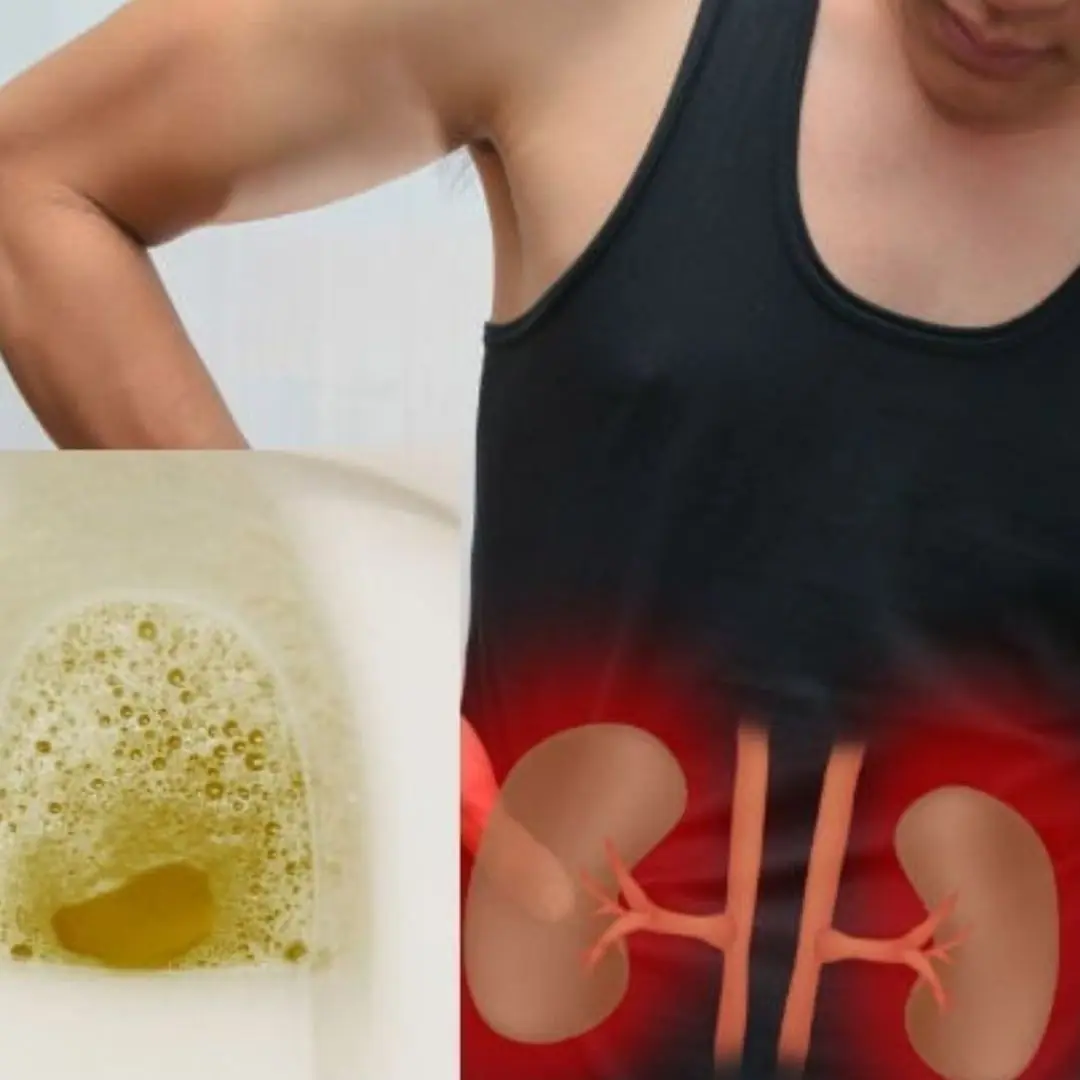
Waking up with foamy urine: Warning of 3 serious illnesses, number 1: Go to the hospital quickly

These common garden leaves could be a natural remedy for bone and joint problems—yet many overlook their power
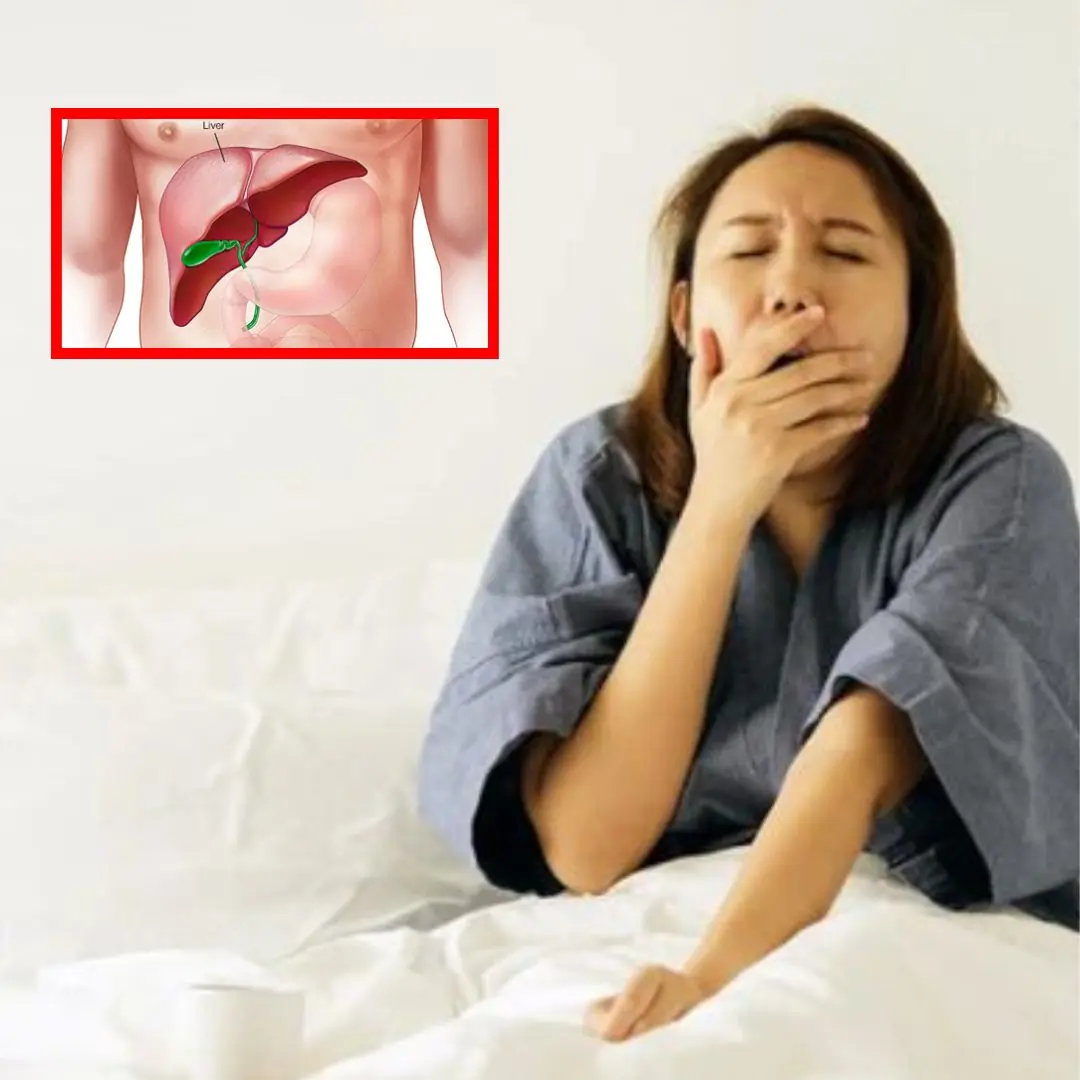
Waking up with 6 strange tastes in your mouth, watch out for internal organs being sic.k
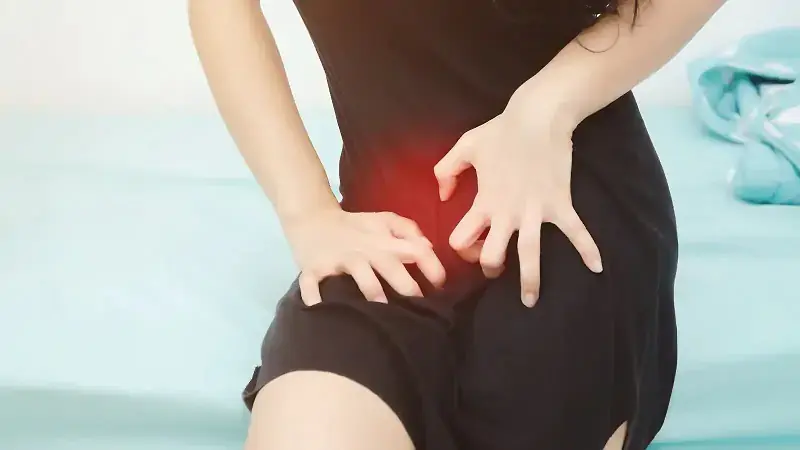
2 Hygiene Habits That “Damage” the Inti.mate Area
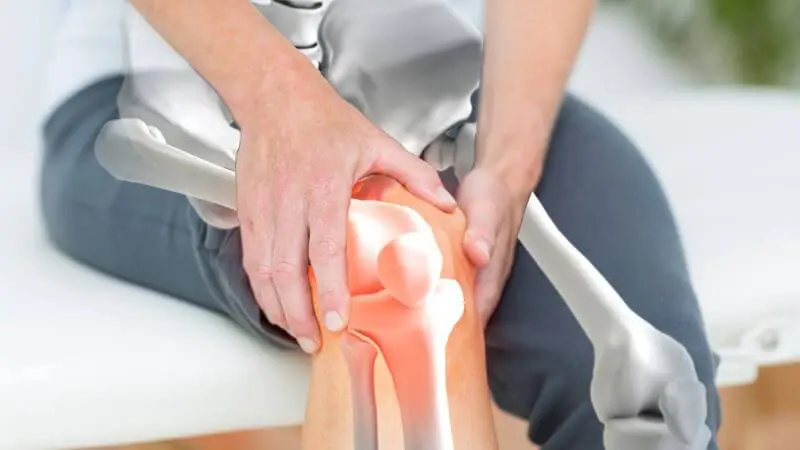
3 Types of Autumn Vegetables Known as the “Kings of Calcium” Everyone Should Eat Regularly

Groups of people absolutely abstain from eating chayote squash to avoid bringing disaster upon themselves
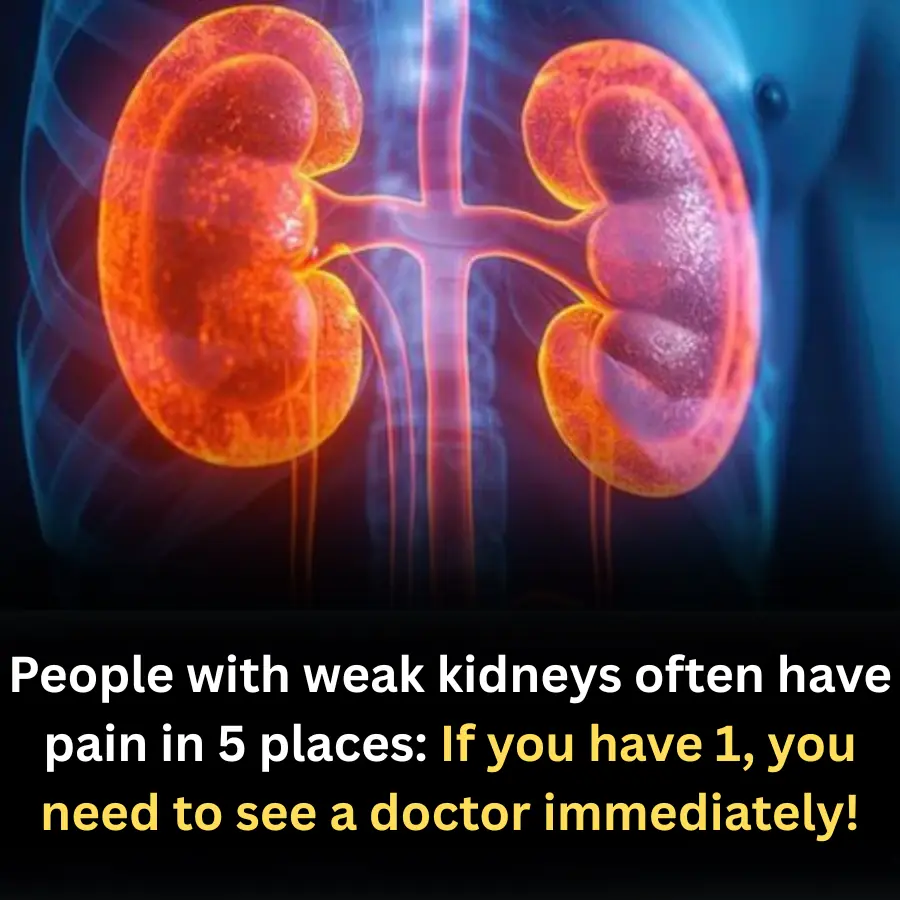
People with weak kidneys often have pain in 5 places: If you have 1, you need to see a doctor immediately!
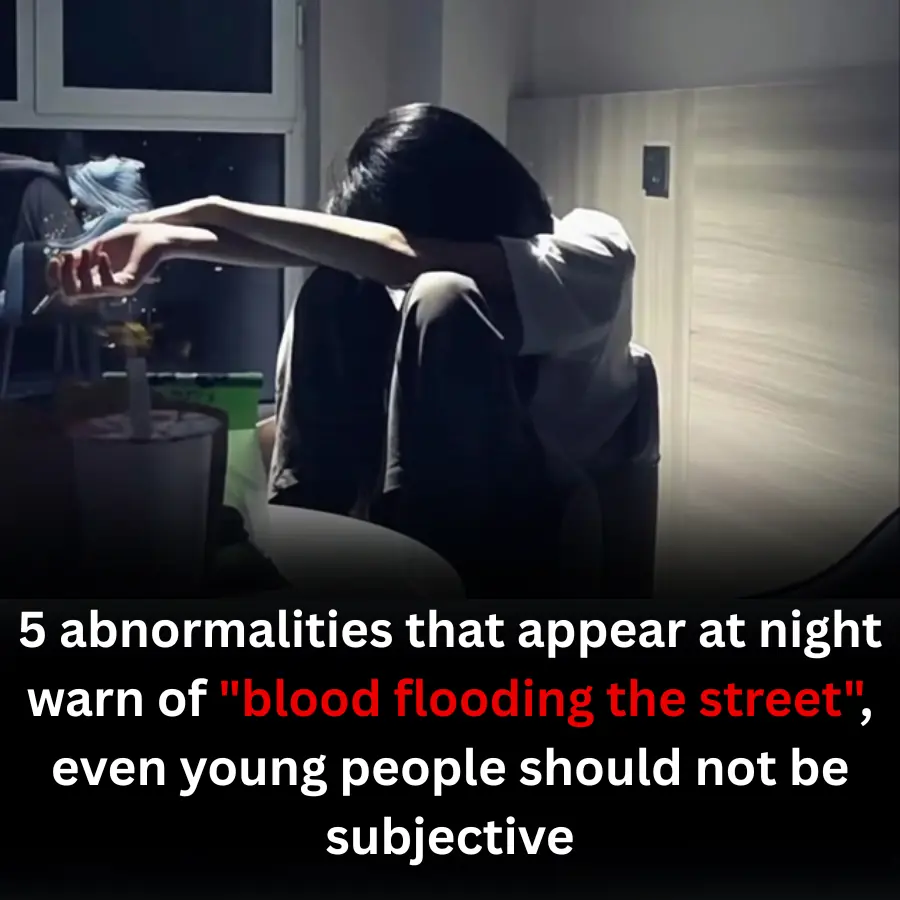
5 abnormalities that appear at night warn of "blood flooding the street", even young people should not be subjective
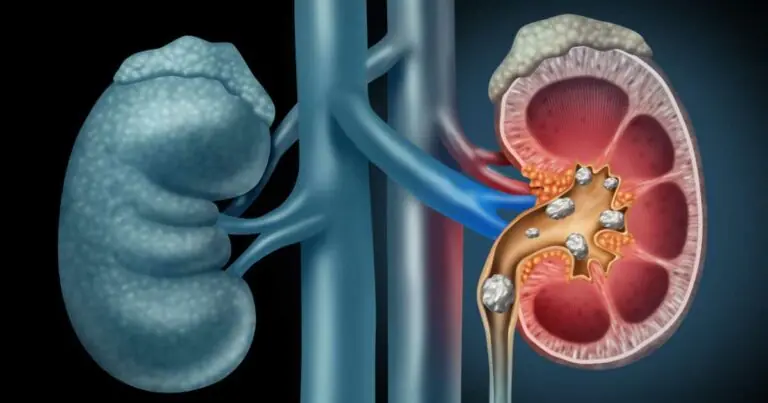
If Your Kidneys Are in Danger, the Body Will Show these 10 Signs
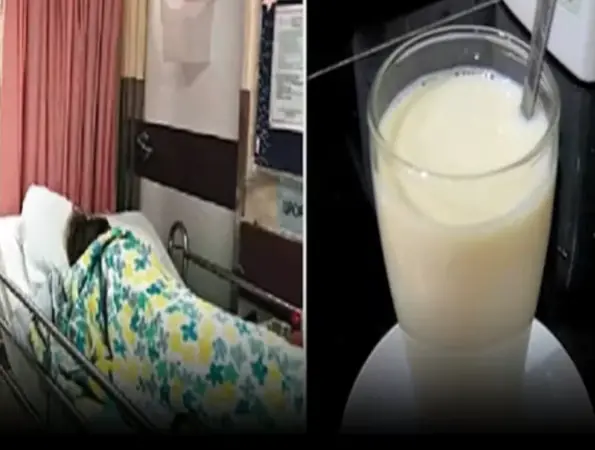
Young Woman Dies at 27 from Late-Stage Thyroid Cancer

The Meaning Of The Intriguing Gesture Of Scratching The Palm Of Another Person’s Hand
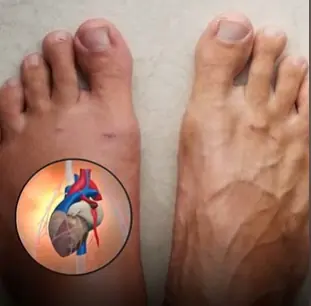
One Month Before A Heart Attack, Your Body Will Warn You Of These 7 Signs
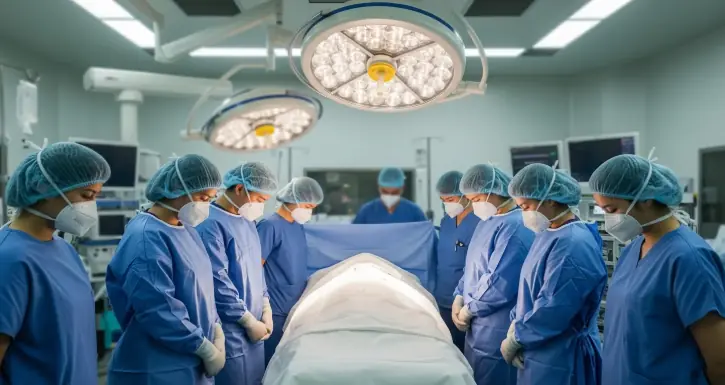
5-Year-Old Loses Battle With Cancer — Doctors Reveal 5 Foods Parents Must Never Give Their Children
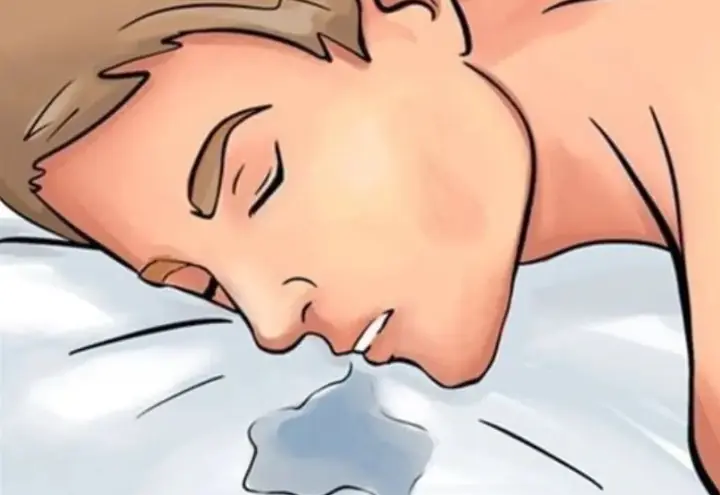
If you drool while sleeping often, check for these 6 diseases

Which canc.ers are hereditary?
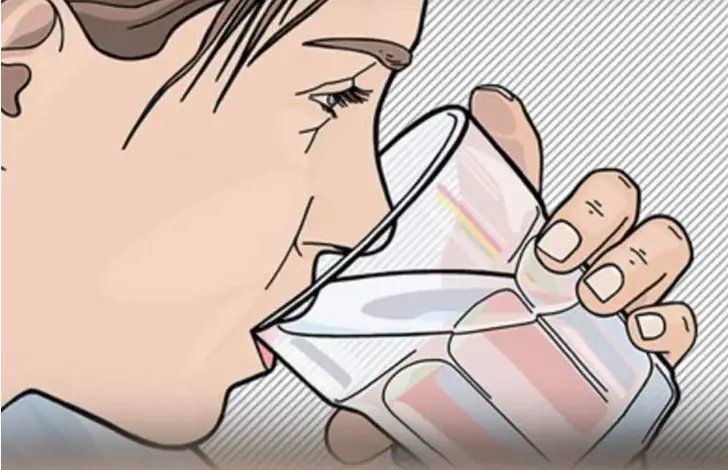
Say Goodbye to Joint and Foot Pain with a Relaxing Rosemary Bath
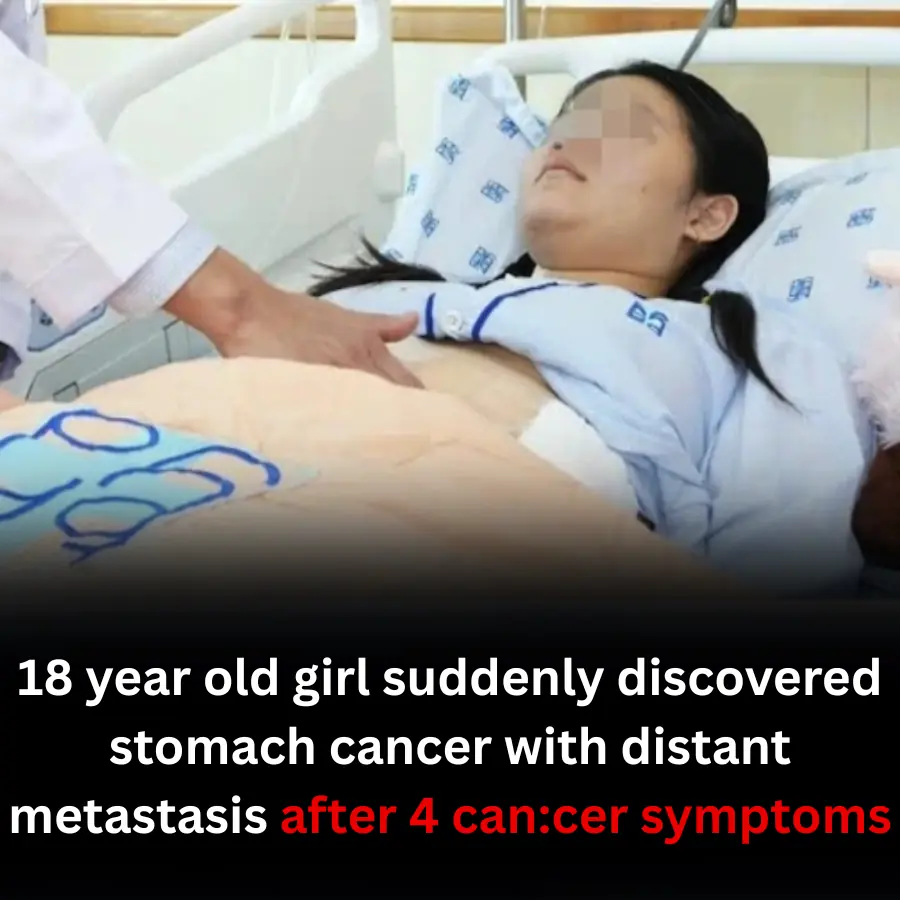
18 year old girl suddenly discovered stomach cancer with distant metastasis after 4 can.cer symptoms
News Post

Li.ver Can.cer “Fears” These 7 Foods

Cabbage Is Nutritious but Harmful for These 5 Groups of People

5 Types of Vegetables That “Naturally Contain Toxi.ns”

Sweet Potato vs. Potato: The Truth About Their Health Benefits

Waking up with foamy urine: Warning of 3 serious illnesses, number 1: Go to the hospital quickly

These common garden leaves could be a natural remedy for bone and joint problems—yet many overlook their power

Waking up with 6 strange tastes in your mouth, watch out for internal organs being sic.k

These 4 parts of a pig may be delicious and inexpensive, but you shouldn’t eat them too often—don’t let greed harm your health
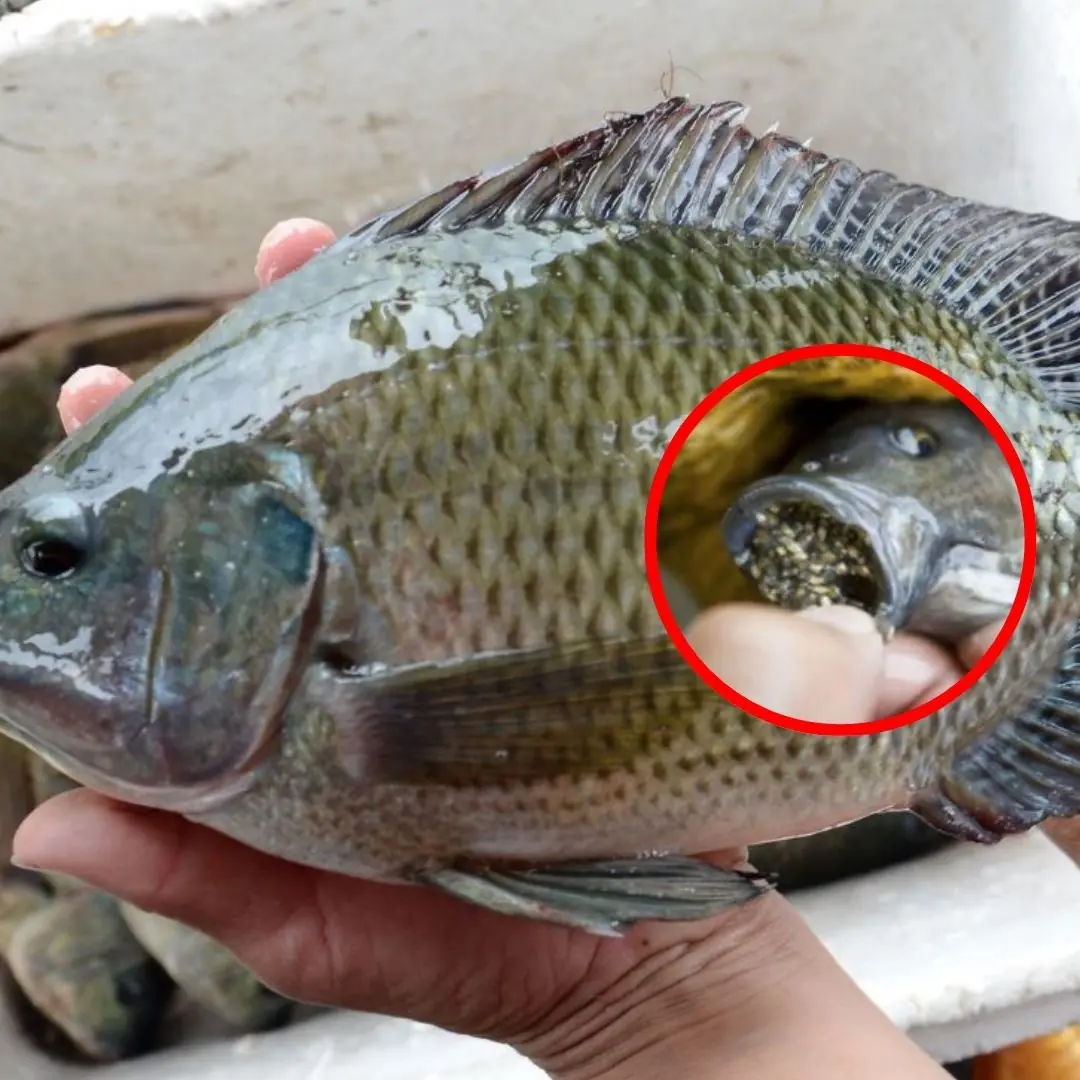
Reasons why you should stop eating tilapia as soon as possible
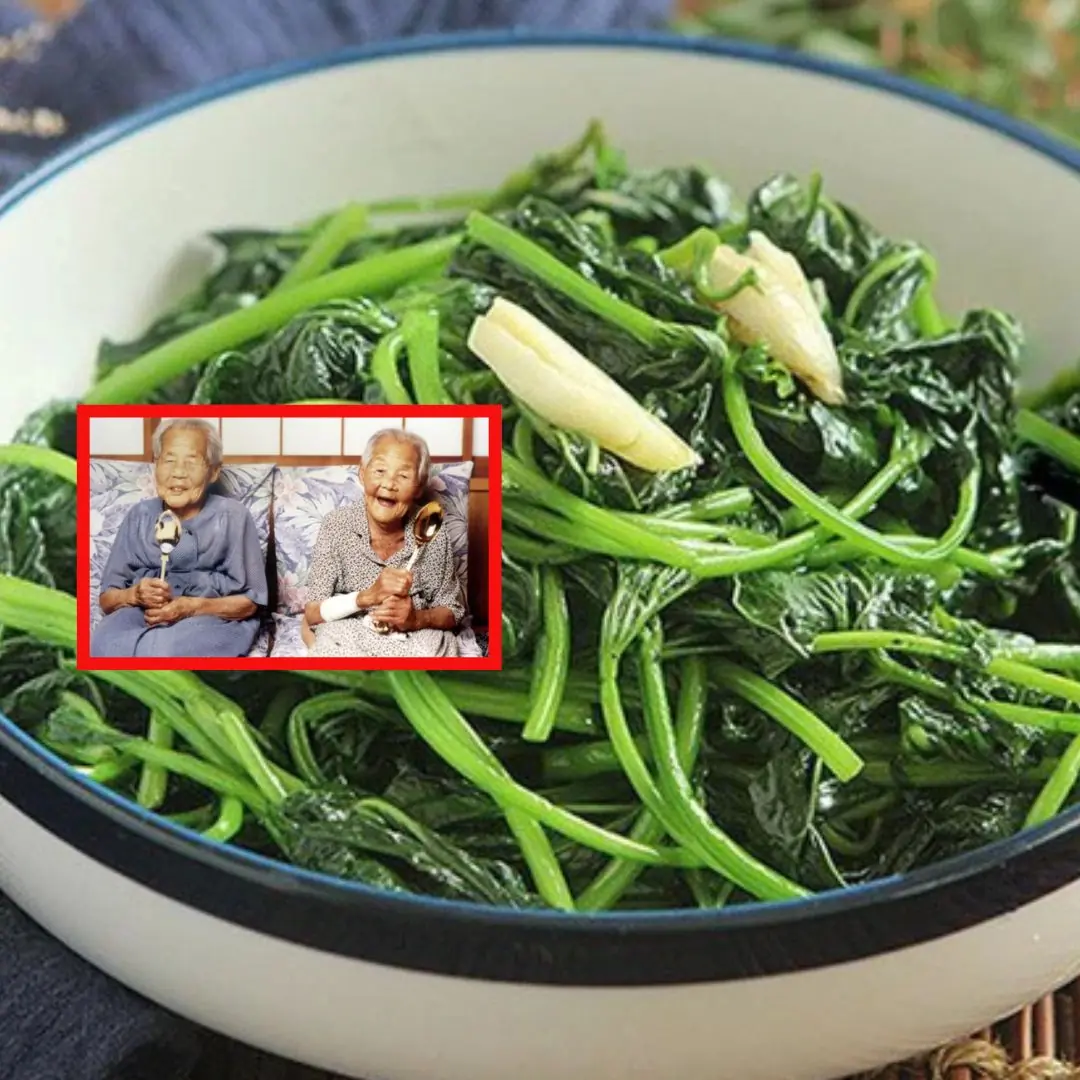
Rich in nutrients, these 3 vegetables are considered by the Japanese as a longevity eli.xir
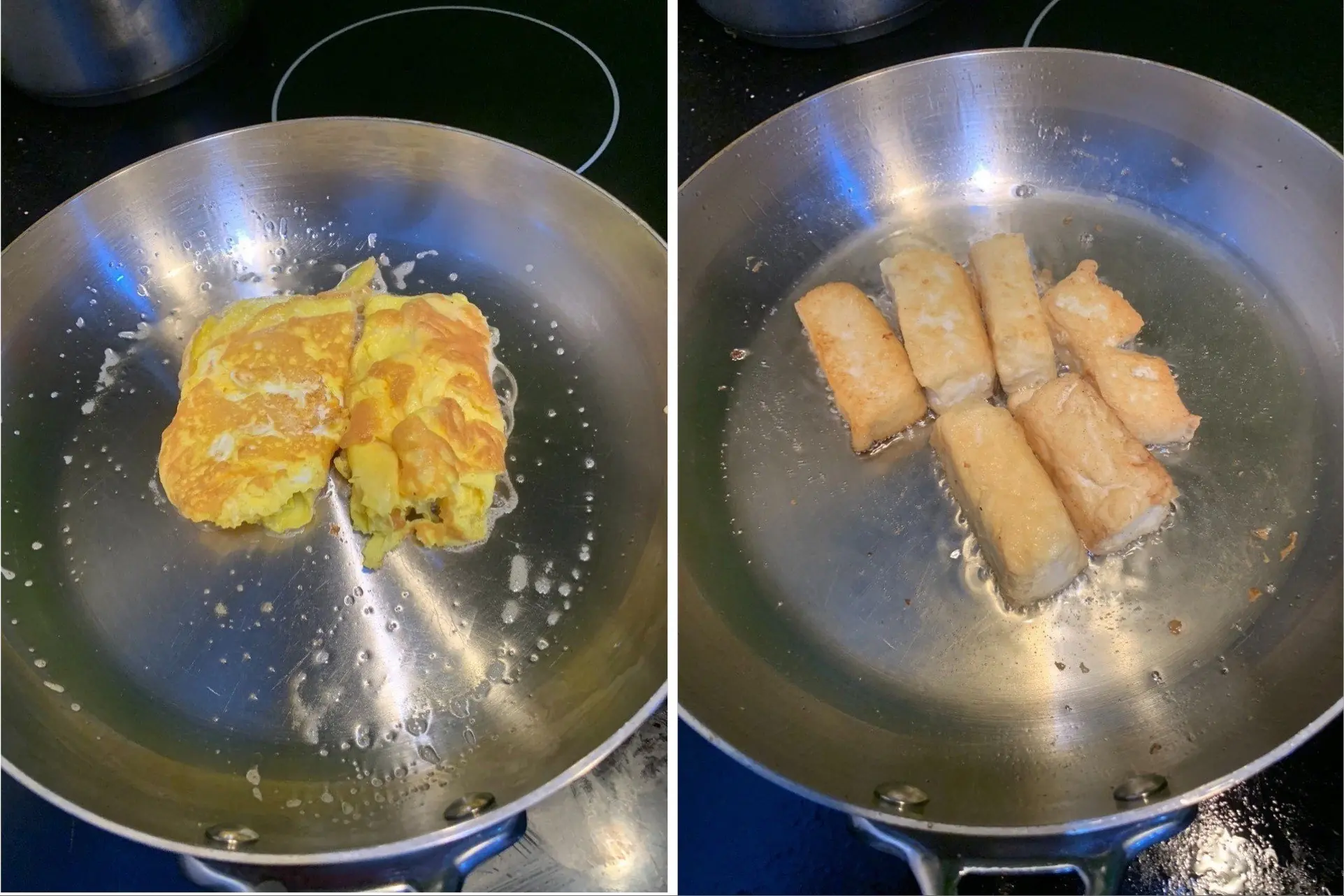
Frying Anything Without Sticking: Just Add This Liquid to the Pan

2 Hygiene Habits That “Damage” the Inti.mate Area

Eliminate Refrigerator Odors with Just Two Common, Cheap Items

3 Types of Autumn Vegetables Known as the “Kings of Calcium” Everyone Should Eat Regularly

Does eating boiled eggs every day benefit or harm the li.ver?

Groups of people absolutely abstain from eating chayote squash to avoid bringing disaster upon themselves

People with weak kidneys often have pain in 5 places: If you have 1, you need to see a doctor immediately!

5 abnormalities that appear at night warn of "blood flooding the street", even young people should not be subjective
